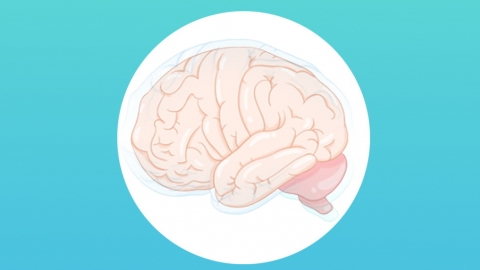Can a brain CT scan determine the cause of excessive sleepiness in the elderly?
Generally, if excessive sleepiness in the elderly is caused by structural brain lesions, the cause can usually be identified through a brain CT scan. However, if the excessive sleepiness is due to non-structural brain conditions, a brain CT may not directly reveal the underlying cause. If abnormalities are observed, timely medical consultation is recommended. Detailed analysis is as follows:

If excessive sleepiness in the elderly is caused by structural brain abnormalities such as cerebral infarction or intracerebral hemorrhage, a brain CT scan can typically clearly show structural abnormalities in the brain, such as areas of infarction or hemorrhage. For example, elderly patients with cerebral infarction may develop thalamic or widespread cerebral ischemia, leading to impaired consciousness and excessive sleepiness. A brain CT scan might reveal low-density shadows in the thalamus or cerebrum, indicating a pathological condition.
However, if the excessive sleepiness in the elderly is not caused by structural brain lesions, but rather by other factors such as neurasthenia or medication effects, a brain CT scan may not directly identify the cause of the sleepiness. Further investigations such as detailed medical history taking, physical examination, and laboratory tests may be necessary to determine the underlying etiology.
When diagnosing the cause of excessive sleepiness in the elderly, in addition to brain CT, other tests such as sleep electroencephalography (EEG), complete blood count (CBC), thyroid function tests, comprehensive biochemical panel, and electrocardiogram (ECG) may also be required to obtain a comprehensive understanding of the patient's overall health status.









